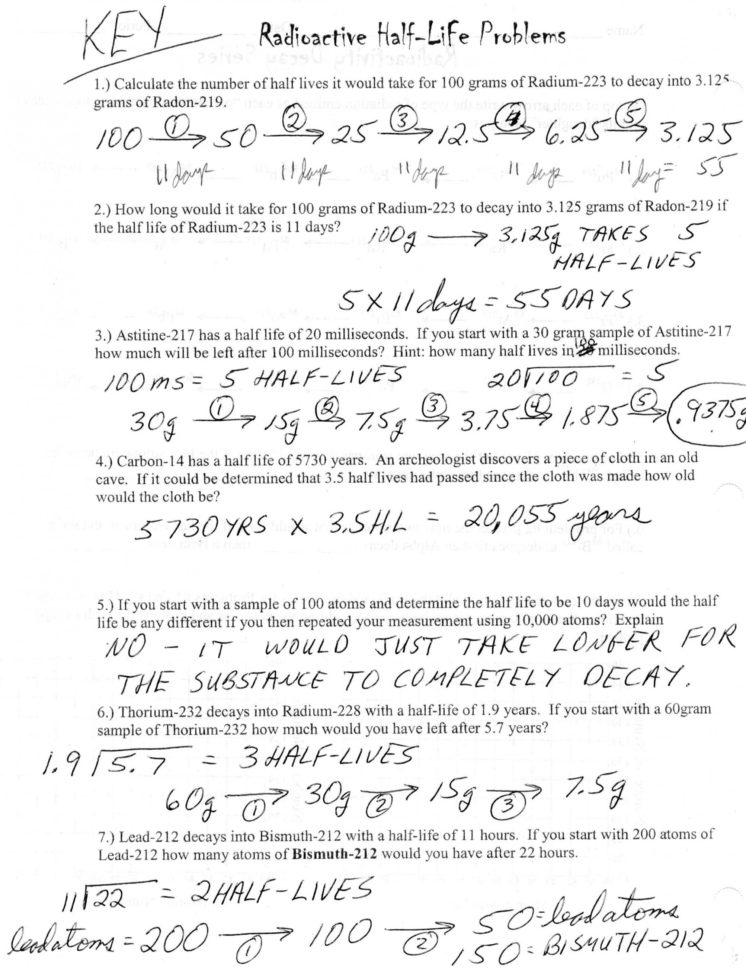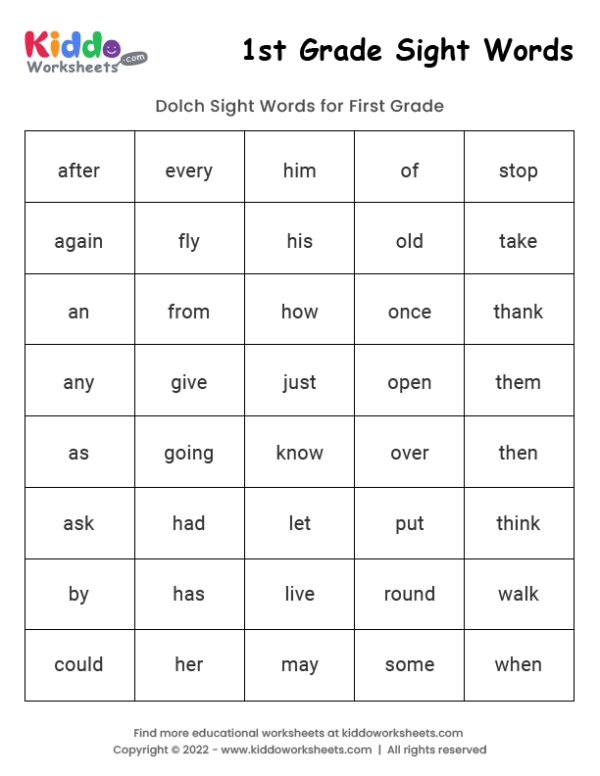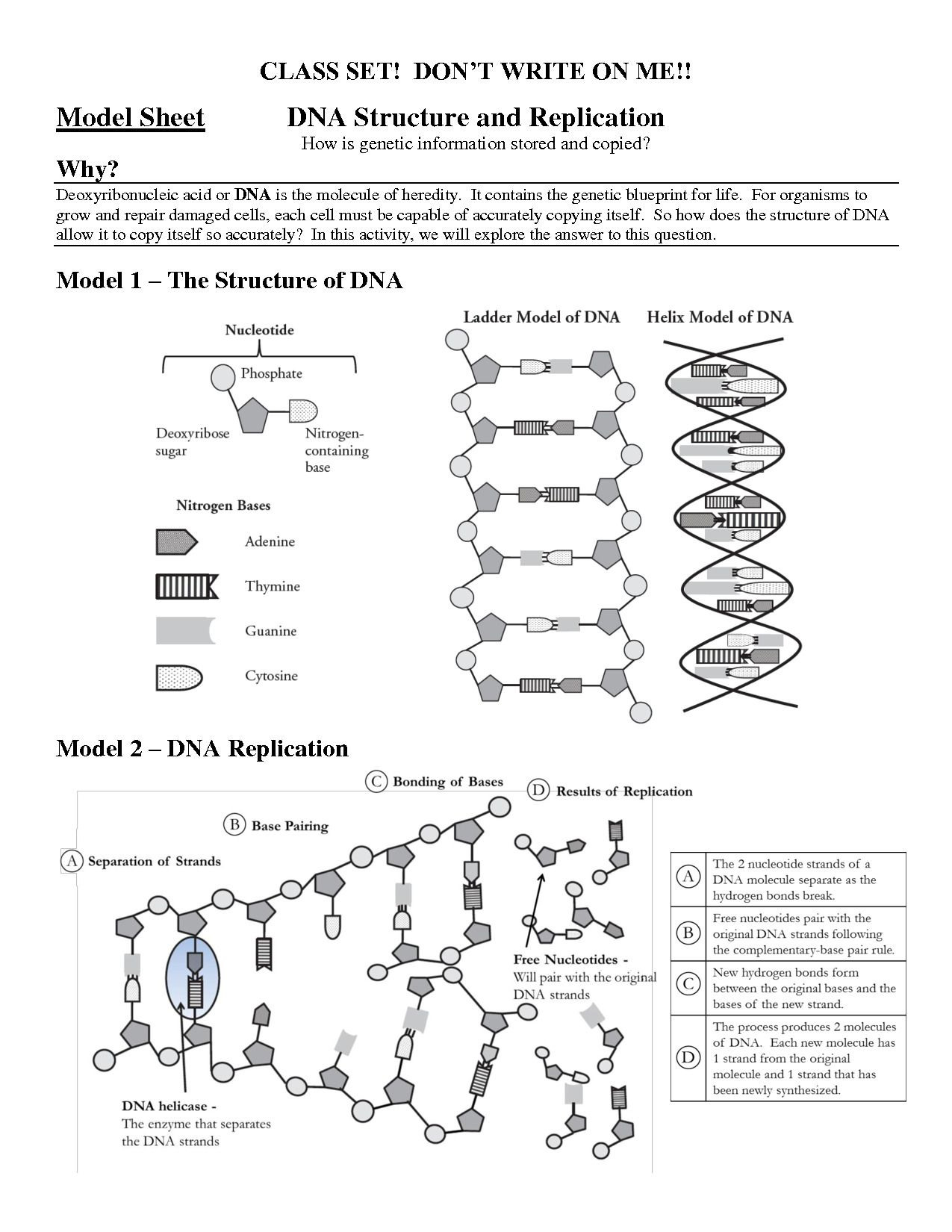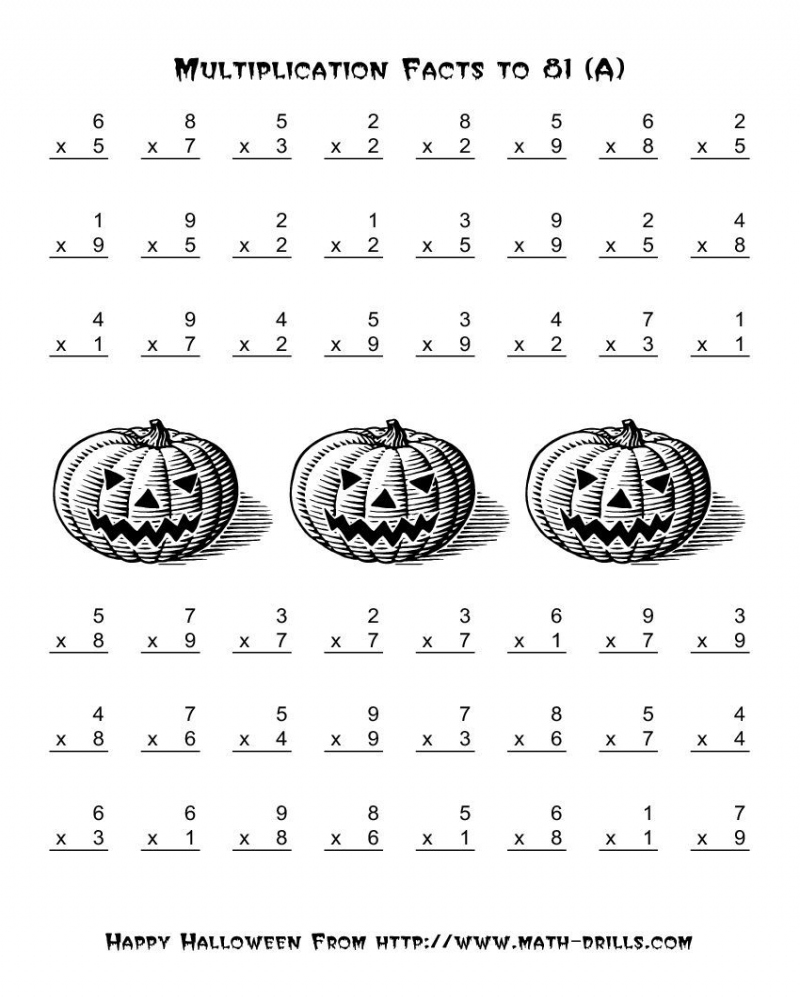Mastering Subjects and Predicates Worksheets for Students
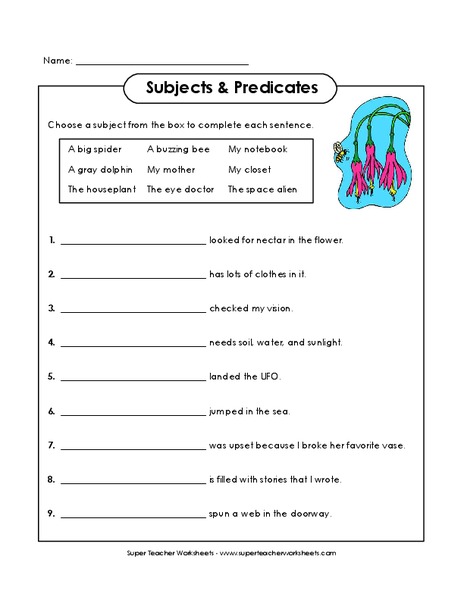
Understanding the Foundation of Effective Sentence Structure
Effective sentence structure is the backbone of good writing, and it all starts with a solid understanding of subjects and predicates. In this article, we will explore the world of subjects and predicates, and provide you with a comprehensive guide on how to master them through worksheets and exercises.
What are Subjects and Predicates?
In simple terms, a subject is the noun or pronoun that performs the action described in the sentence, while the predicate is the part of the sentence that tells us what the subject is doing. For example:
- In the sentence “The dog runs quickly”, “The dog” is the subject, and “runs quickly” is the predicate.
A predicate typically includes a verb, and can also include additional information such as adverbs, prepositional phrases, and objects.
Types of Subjects
There are several types of subjects, including:
- Simple Subjects: A simple subject is a single noun or pronoun that performs the action described in the sentence. For example: “The cat sleeps.”
- Compound Subjects: A compound subject is two or more nouns or pronouns that perform the same action. For example: “John and Mary are going to the movies.”
- Collective Subjects: A collective subject is a group of people, animals, or things that are referred to as a single unit. For example: “The team is working together.”
Types of Predicates
There are also several types of predicates, including:
- Simple Predicates: A simple predicate is a single verb that tells us what the subject is doing. For example: “The dog runs.”
- Compound Predicates: A compound predicate is two or more verbs that are connected by a conjunction, and that tell us what the subject is doing. For example: “The dog runs and plays.”
- Complete Predicates: A complete predicate is a predicate that includes all the necessary information to complete the sentence. For example: “The dog runs quickly around the corner.”
How to Identify Subjects and Predicates
Identifying subjects and predicates can be a bit tricky, but here are some tips to help you:
- Look for the verb: The verb is usually the key to identifying the predicate. Ask yourself what the subject is doing, and the answer will usually be the verb.
- Look for the noun or pronoun: The noun or pronoun that performs the action described in the sentence is usually the subject.
- Use a diagram: Diagramming sentences can be a great way to visualize the relationships between the subject and predicate.
Worksheets and Exercises
Here are some worksheets and exercises to help you master subjects and predicates:
- Exercise 1: Identifying Subjects and Predicates
Complete the following sentences by identifying the subject and predicate:
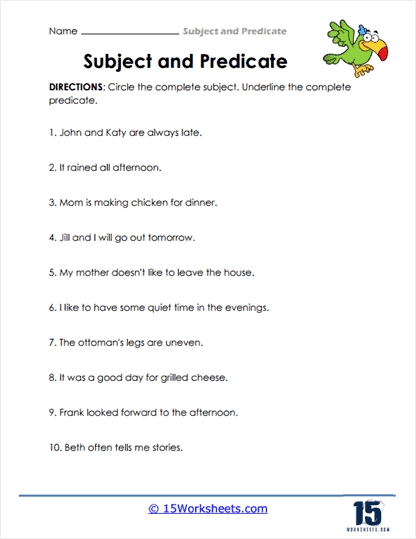
| Sentence | Subject | Predicate |
|---|---|---|
| The cat sleeps. | ||
| The dog runs quickly. | ||
| The team is working together. |
Answer Key:
| Sentence | Subject | Predicate |
|---|---|---|
| The cat sleeps. | The cat | sleeps |
| The dog runs quickly. | The dog | runs quickly |
| The team is working together. | The team | is working together |
- Exercise 2: Creating Complete Sentences
Use the following words to create complete sentences:
- Subject: The teacher
- Predicate: is teaching
- Additional information: in the classroom
Complete sentence: _______________________________________________________
Answer Key:
Complete sentence: The teacher is teaching in the classroom.
Additional Tips and Tricks
- Use a variety of sentence structures: Varying your sentence structure can make your writing more interesting and engaging.
- Use active voice: Using active voice can make your writing more concise and easier to read.
- Use descriptive verbs: Using descriptive verbs can help to create more vivid and engaging writing.
👍 Note: Remember to practice identifying subjects and predicates regularly to become more proficient.
Conclusion
Mastering subjects and predicates is an essential skill for any writer or student. By understanding the different types of subjects and predicates, and by practicing with worksheets and exercises, you can improve your writing skills and become a more effective communicator. Remember to practice regularly, and to use a variety of sentence structures to make your writing more interesting and engaging.
What is the difference between a subject and a predicate?
+The subject is the noun or pronoun that performs the action described in the sentence, while the predicate is the part of the sentence that tells us what the subject is doing.
How do I identify the subject and predicate in a sentence?
+Look for the verb to identify the predicate, and look for the noun or pronoun to identify the subject. You can also use a diagram to visualize the relationships between the subject and predicate.
Why is it important to master subjects and predicates?
+Mastering subjects and predicates is essential for effective writing and communication. It helps to create clear and concise sentences, and to convey your message in a way that is easy to understand.
Related Terms:
- Subject and predicate worksheet pdf
